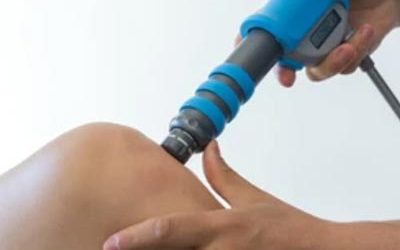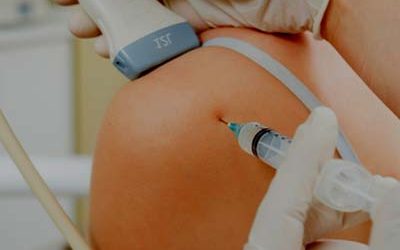Diagnostic Musculoskeletal Ultrasound
What is diagnostic musculoskeletal ultrasound?
An ultrasound probe emits high-frequency sound waves (echoes), which are reflected back to the probe by the body’s tissues to form a live real-time image. Ultrasound is safe for children and adults and has no radiation. The quality of diagnostic ultrasound images is now considered to be superior to MRI scans for examination for certain tendons, ligament and muscle injuries.
What are the advantages?
These are the main advantages:
1. Accuracy. Enabling accuracy in diagnosis allows for effective treatment and may also be used to rule out differential diagnoses.
2. Real time. Dynamic scanning assesses the tissues/joints in direct real time visualization.
3. Strong evidence base. Early use of ultrasound enhances patient management.
4. Directs treatment. Ensures the client gets the correct treatment from the outset.
5. Monitor. For certain conditions Diagnostic Ultrasound can be used to monitor effectiveness of treatment.
6. Cost/time. Potentially saves the patient money and time by ensuring correct diagnosis from the outset.
7. Safe. Very safe investigation with no radiation.
8. Reassurance. Offers early reassurance regarding injury.
9. Comparison. Compare your injury to the non-painful side.
10. Guides intervention. Allows visualisation of the tissues whilst performing an injection and/or aspiration ensuring the needle solution if in the right placement and minimises further injury.
Can a diagnostic ultrasound be performed at my appointment
Yes, providing the clinical details correlate with suspected musculoskeletal injury. Neil Liffen has completed a MSc in musculoskeletal diagnostic ultrasound and works regularly in NHS radiology departments for >15 years. In private clinic Neil uses a state of the art diagnostic ultrasound machine to diagnose and guide injections.
What are the advantages of combining physical examination with diagnostic musculoskeletal ultrasound?
Physical examination and use of specific tests can lack alone specificity and reliability. A cluster of specific tests may form a list of differential diagnoses. Diagnostic ultrasound can then be performed to confirm the diagnosis and correlate the findings with the physical examination.
Why is the cost of diagnostic ultrasound so cheap when compared to other private settings?
Simply, we do not have the overheads other private setting and and pride our clinics on value for money.
PLEASE NOTE: Diagnosis is never made on a basis of imaging alone and any diagnostic ultrasound findings need to be clinically relevant to your symptoms/injury and combined with your history and physical examination. All findings will be discussed in clinic. There may be an extra charge if a formal report is required.
Diagnostic ultrasound is not indicated for spinal conditions. In addition, in these clinics we do not routinely do not scan lumps and bumps unless they are an incidental finding(s).




